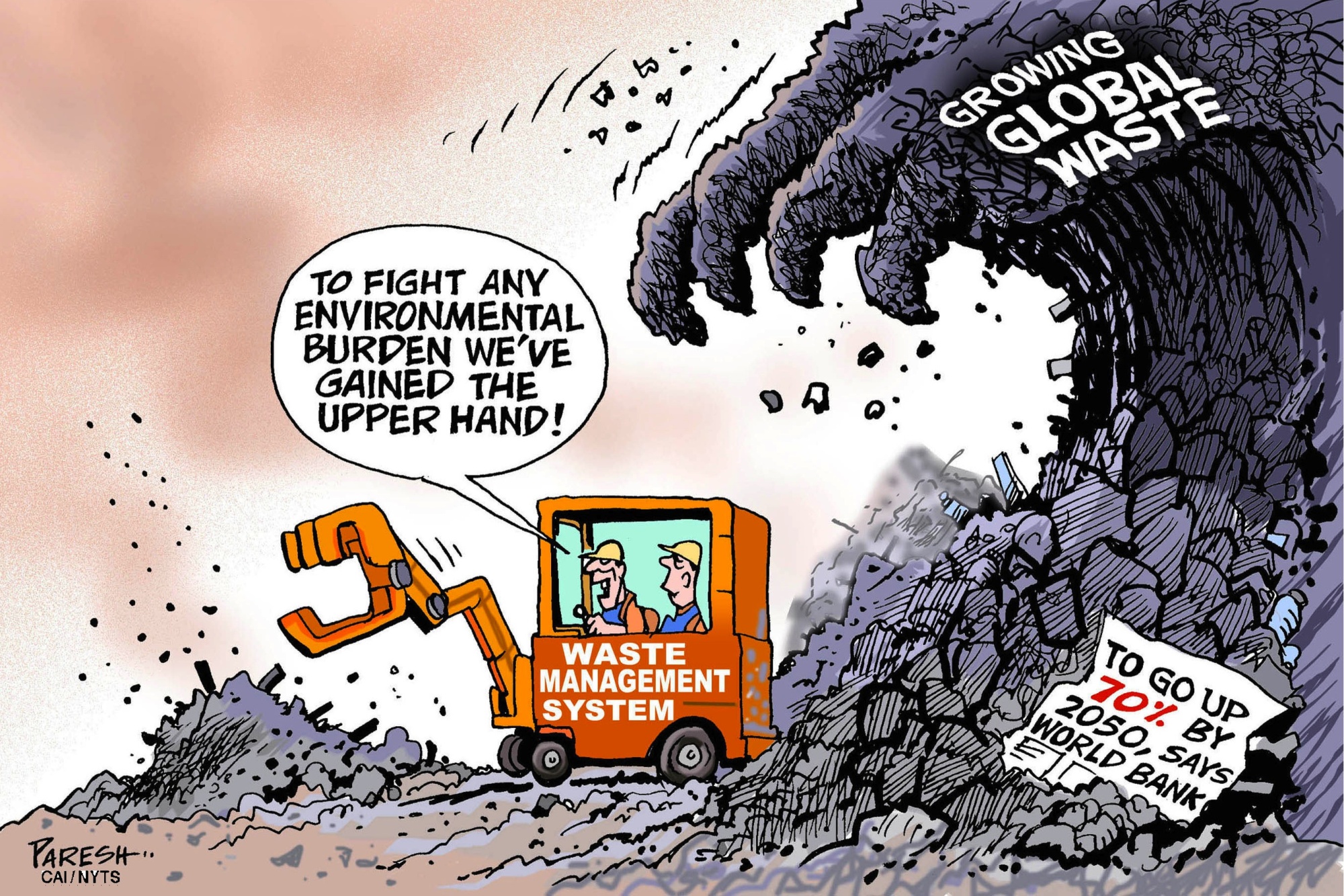Next week, more than 1,000 people from across sectors will gather in Yokohama to discuss how to capitalize on the economic, social, and environmental benefits of a circular economy. This gathering, the World Circular Economy Forum, is unique because it brings together key players in business and industry — not just policymakers and academics — to spark the creation of practical solutions that are both good for the environment and good for business.
The circular economy concept is gaining popularity as a means to achieve more sustainable cities and societies. The world is projected to be home to 10 billion people by the middle of this century. That's 2.5 billion more than today, when we are already straining available natural resources. What's more, the world's cities now generate roughly 2 billion tons of solid waste and this is forecast to grow by 70 percent in 2050.
This paints a frighteningly unsustainable and untenable picture of the future. So, what is a circular economy and how can it help?

















With your current subscription plan you can comment on stories. However, before writing your first comment, please create a display name in the Profile section of your subscriber account page.